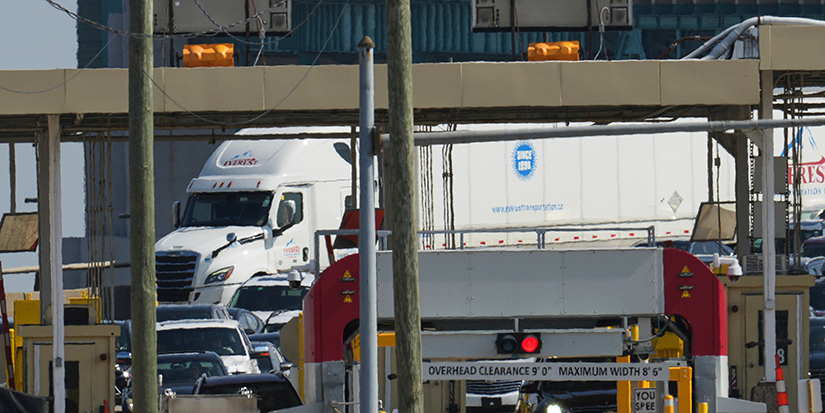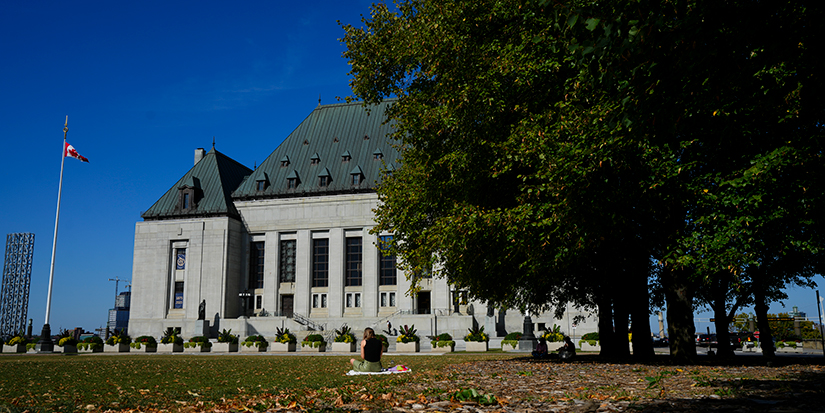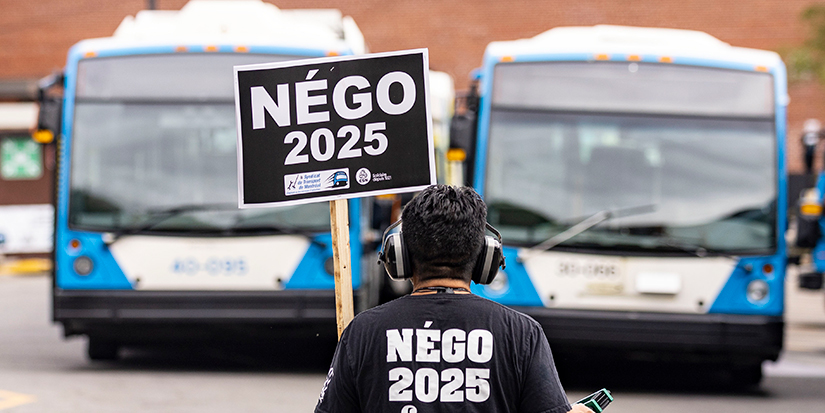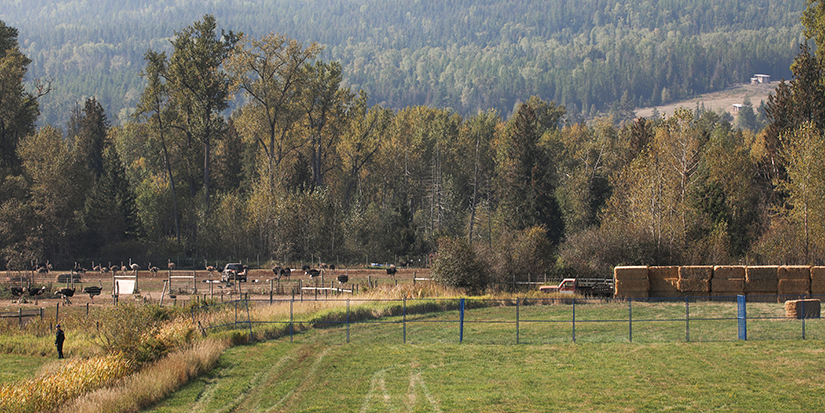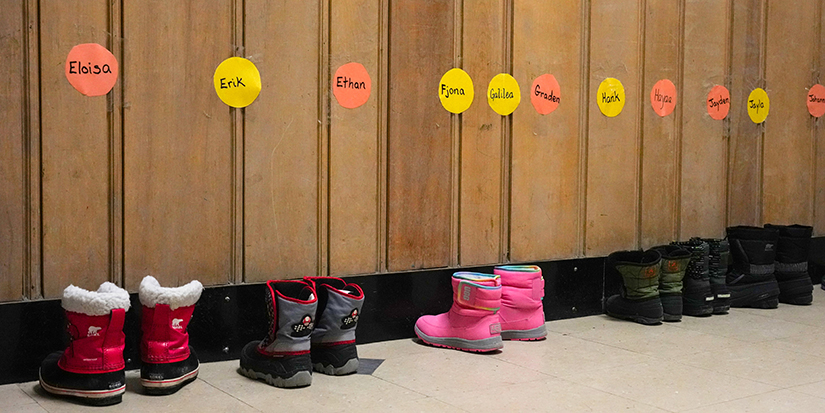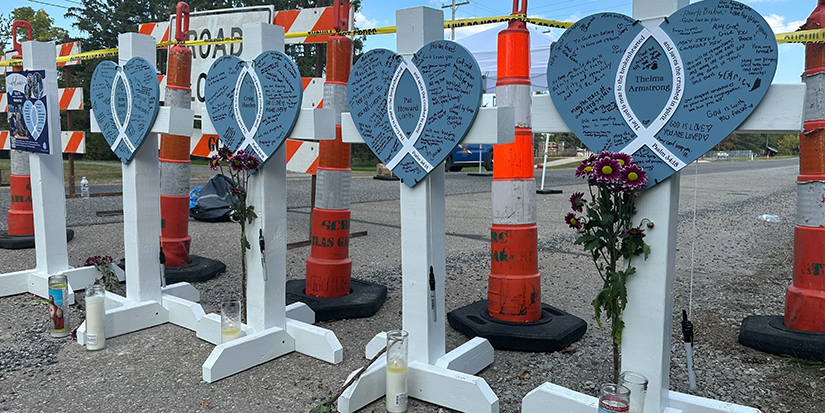Latest News
Contact tracing capacity ‘stretched to the max’ in BC

By Hannah Scott, Local Journalism Initiative reporter
Published 5:27 PST, Thu November 12, 2020
Last Updated: 2:13 PDT, Wed May 12, 2021
—
BC’s contact tracing response time is in jeopardy amid rising COVID-19 statistics, provincial health officer Dr. Bonnie Henry said today.
“Our ability in public health to find everybody in a timely way, particularly in the Fraser Health and Vancouver Coastal Health regions, has been stretched to the max,” she said.
Interim Health Minister Adrian Dix said this is despite the province hiring 636 new contact tracers to date.
But, Henry added that most cases are still linked to a “local case or cluster.” Community transmission is largely because of social interactions, including those inside a private home.
From Tuesday to Wednesday there were 536 new cases of the virus. And in the last 24 hours, another 594 cases were announced, including six epidemiologically linked cases. Of 12,442 tests over the last 24 hours, 588 came back positive, a rate of 4.73 per cent.
Of the new cases, 249 were in the Vancouver Coastal Health region (including Richmond) and 808 were in the Fraser Health region. A relatively low number of cases were reported in the province’s other three health regions.
The two days’ worth of new cases have brought BC’s cumulative total to 20,368. The province reported its 10,000th case just over a month ago, on Oct. 8. There are 5,793 active cases and 11,091 people under public health monitoring. In the last two weeks, Richmond has had 80 new cases of the virus.
A record high 155 people are now hospitalized with COVID-19, 44 of whom are in critical care. There were four new deaths over the period, three in longterm care and one elderly person in the community. BC has now had 288 deaths related to the virus.
Six new healthcare outbreaks were announced, while three were declared over including the one at the Hamilton Village Care Centre in Richmond. There are 41 active outbreaks in the healthcare sector, 35 in longterm care or assisted living facilities and six in acute care facilities.
Henry said the median age of a person testing positive is 37 as of the end of last week. She said more people are hospitalized, but where about 20 per cent of cases resulted in hospitalization initially, this number is now only about six to seven per cent of cases. The median age of hospitalized people is 64. The median age of death remains high at age 85, and two per cent of all people with a confirmed case of COVID-19 in BC have died.
Henry said there has been a dramatic increase in positive COVID-19 cases in people above the age of 80, spilling over into longterm care homes where people are more likely to have a serious illness.
According to data, one in 10 people who have had COVID-19 in BC identify as healthcare workers. Most are nurses or care aides, and most also become exposed through close contacts, as with the majority of residents.
Most school-aged children (aged five to18) with symptoms do not have COVID-19, Henry said. Many more children are being tested, with testing rates increasing 2.5 times since August. About six in 10 tests of school-aged children are done using the spit and gargle method, and about 1.7 per cent of children tested have a positive result. School-aged children account for less than 10 per cent of new cases.
Testing in the province is up seven per cent from last week, with positivity rates rising to 5.4 per cent—a 42 per cent increase from last week. Henry said this increase could be partially attributed to more targeted testing of people with symptoms.
In an antibody test of 2,000 samples consisting of Lower Mainland residents of all ages, about one in 100 residents tested positive. The average daily number of new infections per positive COVID-19 case remains above one, which Henry said “gives potential for it to spread quite rapidly.”
To keep schools and the healthcare system open, people must adhere to new restrictions. The increase in hospitalizations and people affected in longterm care are “our signal that it’s time to step back,” Henry said.
For a list of community exposure events, click here.
For the latest medical updates, including case counts, prevention, risks and testing, visit: http://www.bccdc.ca/ or follow @CDCofBC on Twitter.














